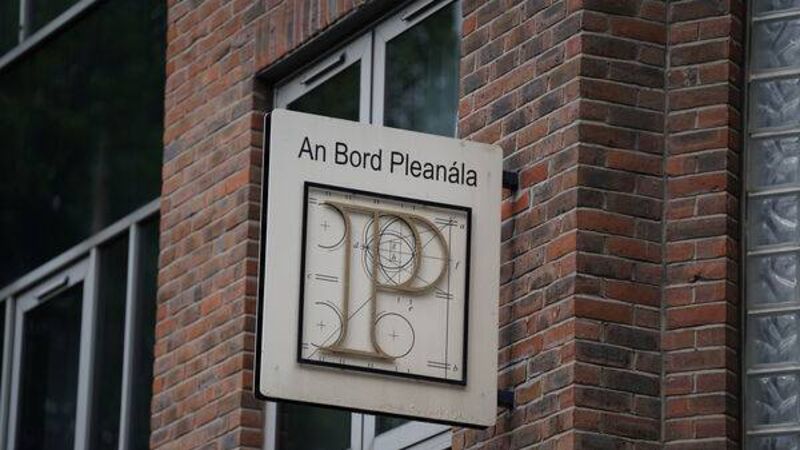Mick Clifford: Why must it take disaster before requisite attention is given to State service?

At a time of an alleged emergency, An Bord Pleanála was, to a great extent, absent without leave. File photo
Two reports out this week demonstrate why there are problems around delivery of services in this state.
Both items emanated from An Bord Pleanála (ABP), a vital cog in the most vital social, economic and political issue right now — housing.
















